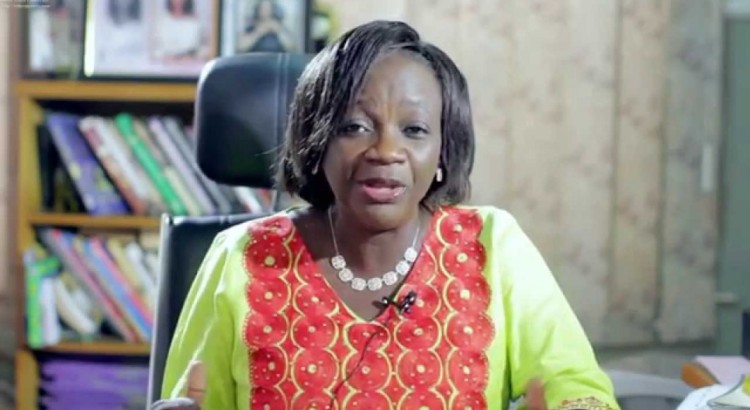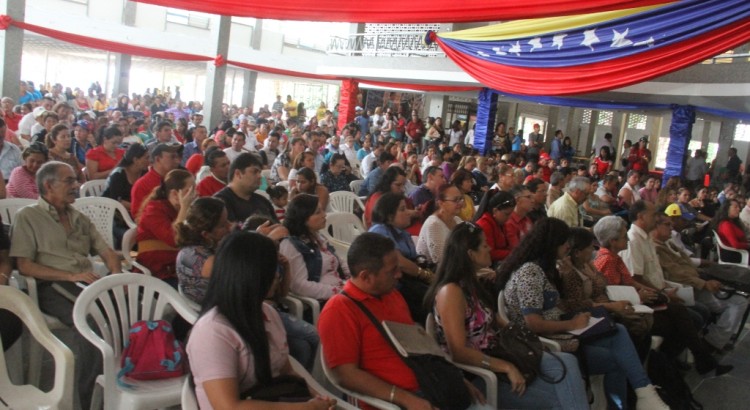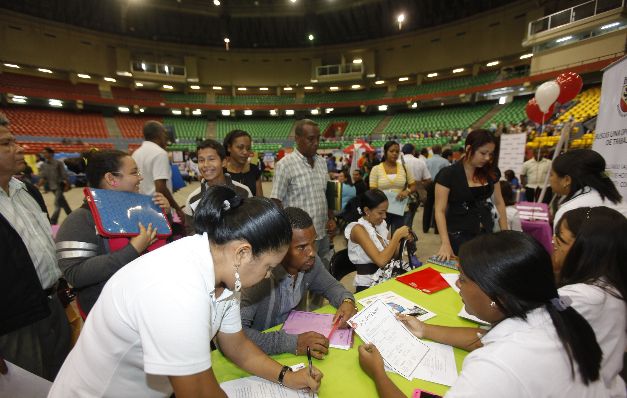África/Nigeria/Abril 2016/Fuente: TheGuardian/Autor:Ujunwa Atueyi
Resumen: En un seminario realizado en el Hotel Sheraton, directores de escuela, padres y líderes religiosos se reunieron para deliberar sobre el papel de la escuela, el hogar, la iglesia y el gobierno en la consolidación de los niños nigerianos. Este seminario fue diseñado con el propósito de unir a todas las partes interesadas para reflexionar y discutir sobre el futuro de la próxima generación.
It was for the sake of the next generation that stakeholders from far and near converged on Sheraton Hotel, Lagos, recently to deliberate on the role of schools, homes, churches and government in nurturing the Nigerian child. In The seminar which was attended by school managers, parents and religious leaders, according to the Convener, Bisi Ibitayo, was designed to get everybody in the area of children’s influence come together to discuss the future of the next generation.
Citing high rate of crime and indiscipline among Nigerian students in particular and the youth in general, Ibitayo regretted that contemporary parents have neglected parenting, and urged all stakeholders to be alive to the place of individual responsibility. She said until the homes and schools got it right in inculcating the right values in children, societal ills might continue to multiply.
She said, «Parenting, you will agree with me, is not limited to the biological parents alone. For the next generation to turn out well, all areas of influence of children’s lives must work in sync. It does not matter how much effort is made by one arm of influence, lack of effort or insufficient effort on the part of any other arm is capable of messing up a child’s future.
«Schools, parents, the church, government and the entire society have a stake in this. I have observed that the next generation is deficient of so many things that helped mould our lives when we were growing up. It is time to return to the time when parenting was everybody’s business. The next generation is on the brink of destruction and we cannot fold our arms and watch different vices destroy our youth.»
Other panelists who spoke at the forum insisted that all efforts should be made to teach the right morals to the younger ones, as the strength of the nation, to a large extent, depended on sound families.
According to the former Attorney-General of Ogun State, Mr. Oluwemimo Ogunde, «It is sound parenting that brings a sound nation and when you have sound families in large number, then we are bound to have a sane society and a sound nation.
Fuente de la noticia: http://guardian.ng/features/responsible-parenting-schooling-critical-to-national-rebirth/
Fuente de la imagen: http://cdn.guardian.ng/wp-content/uploads/2016/03/Bisi-Ibitayo-1062×598.jpg














 Users Today : 6
Users Today : 6 Total Users : 35460389
Total Users : 35460389 Views Today : 14
Views Today : 14 Total views : 3419177
Total views : 3419177